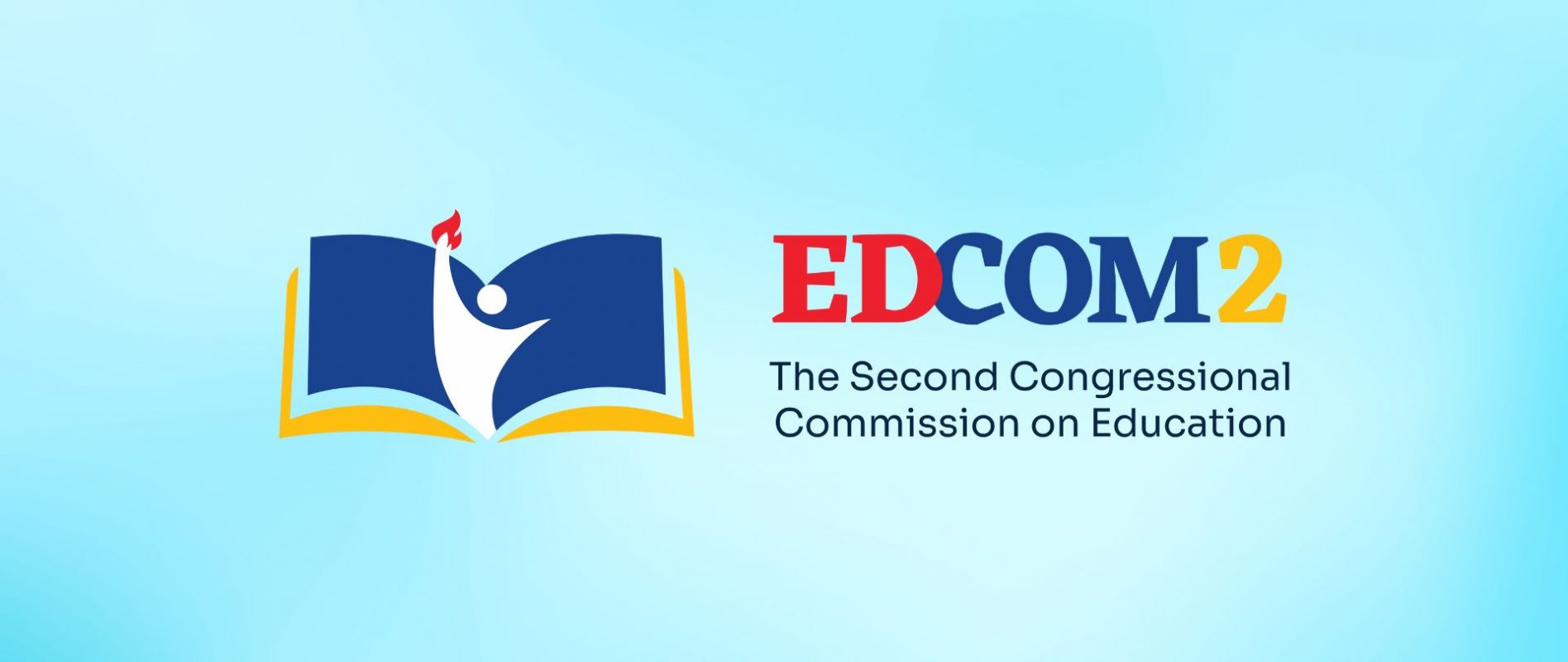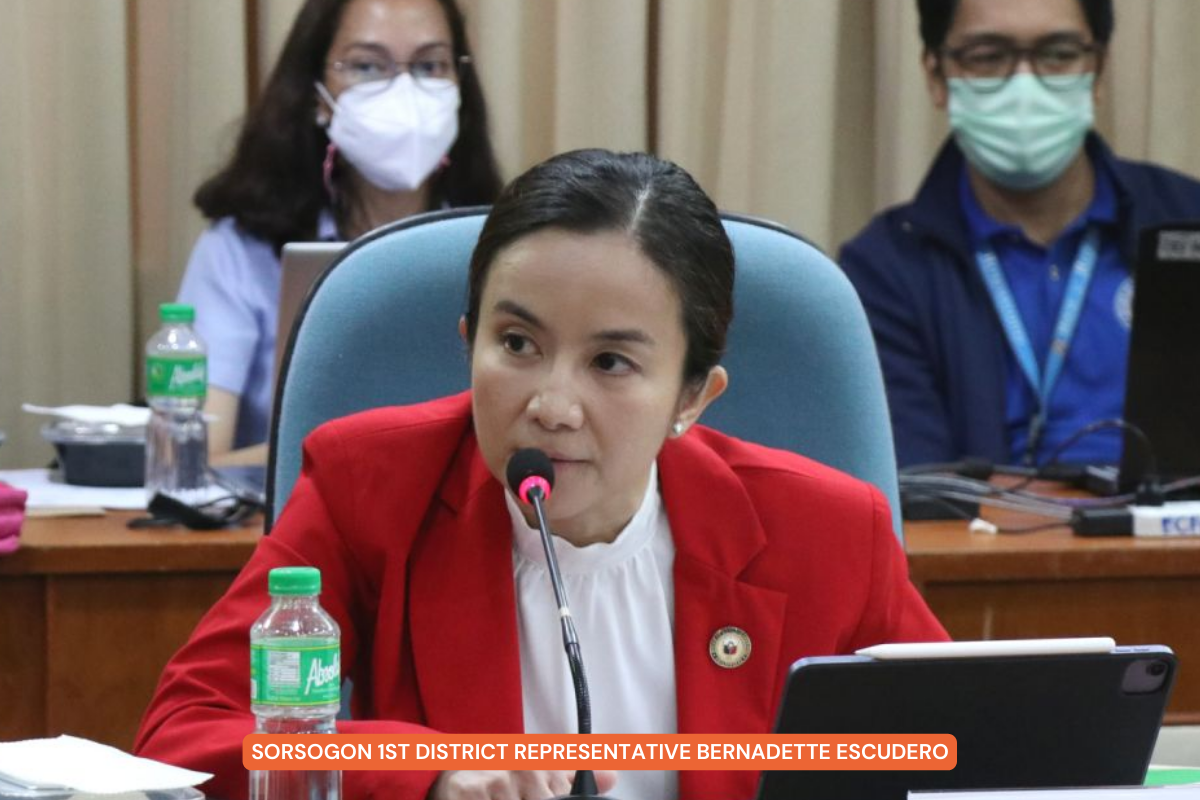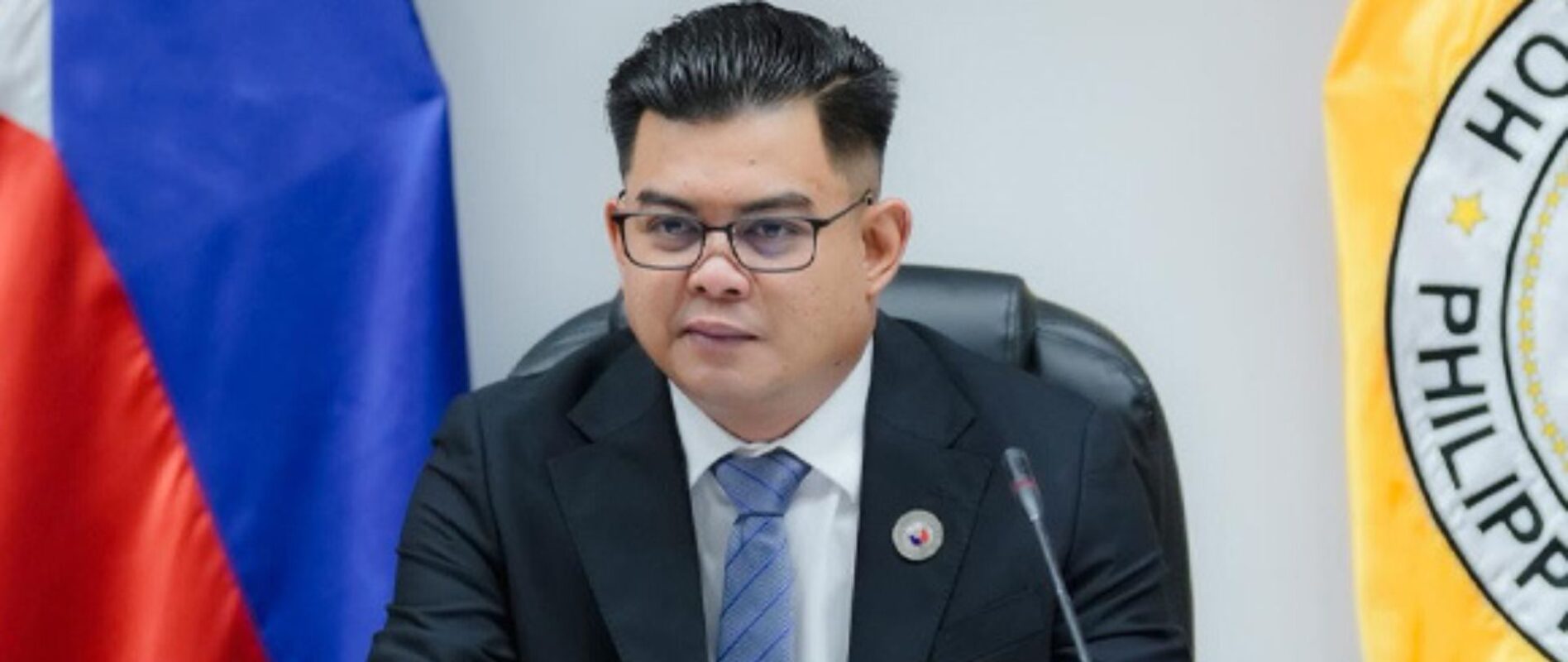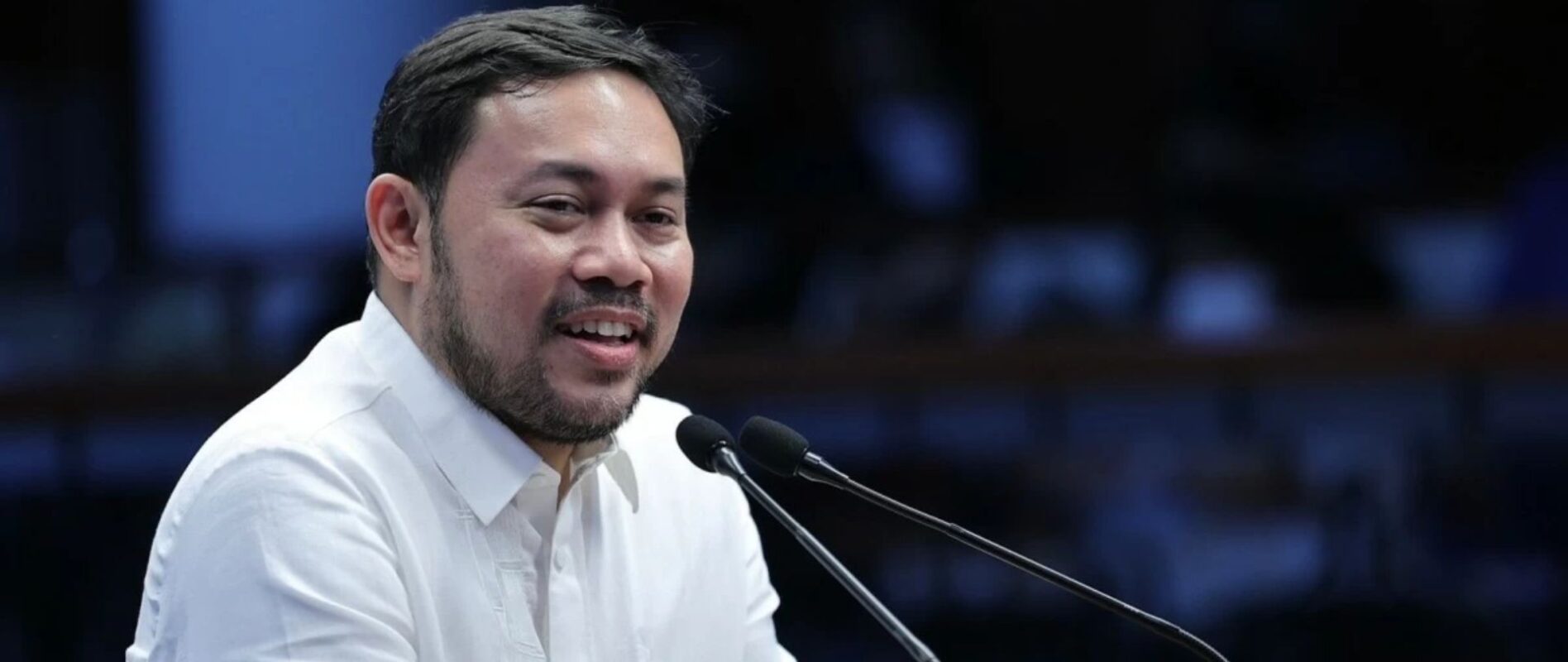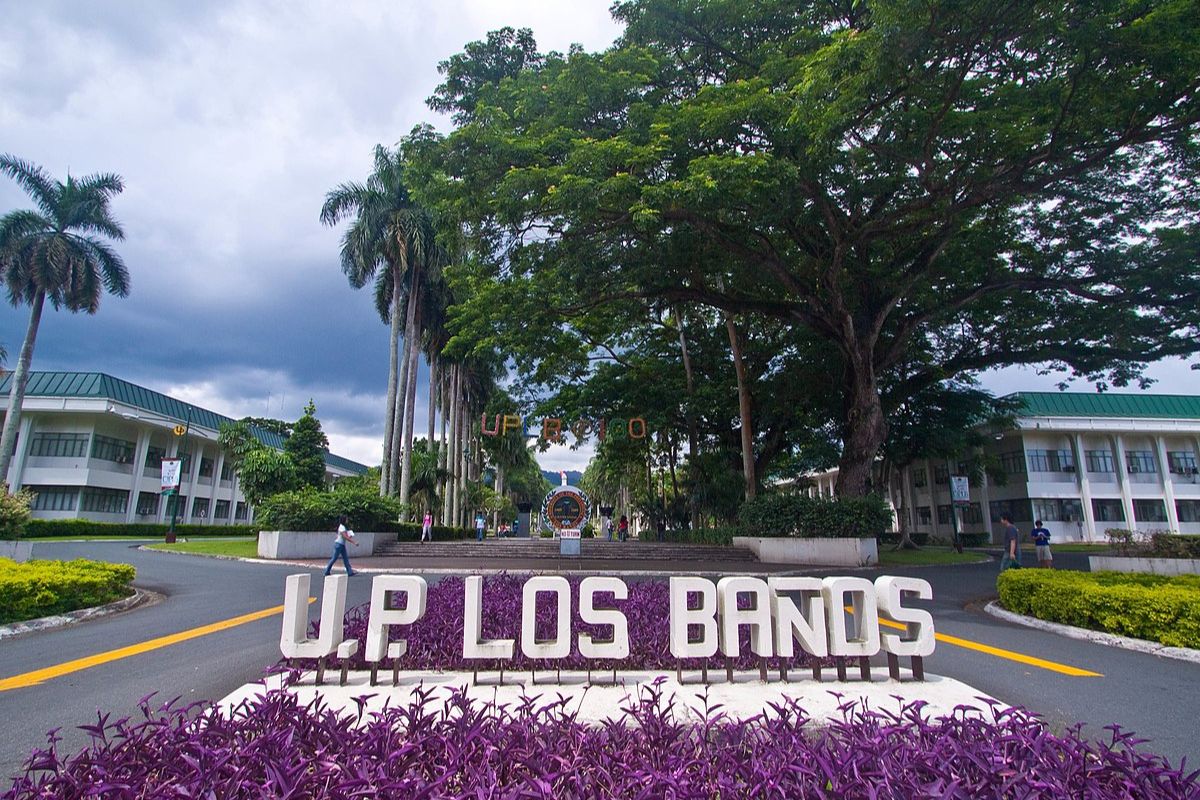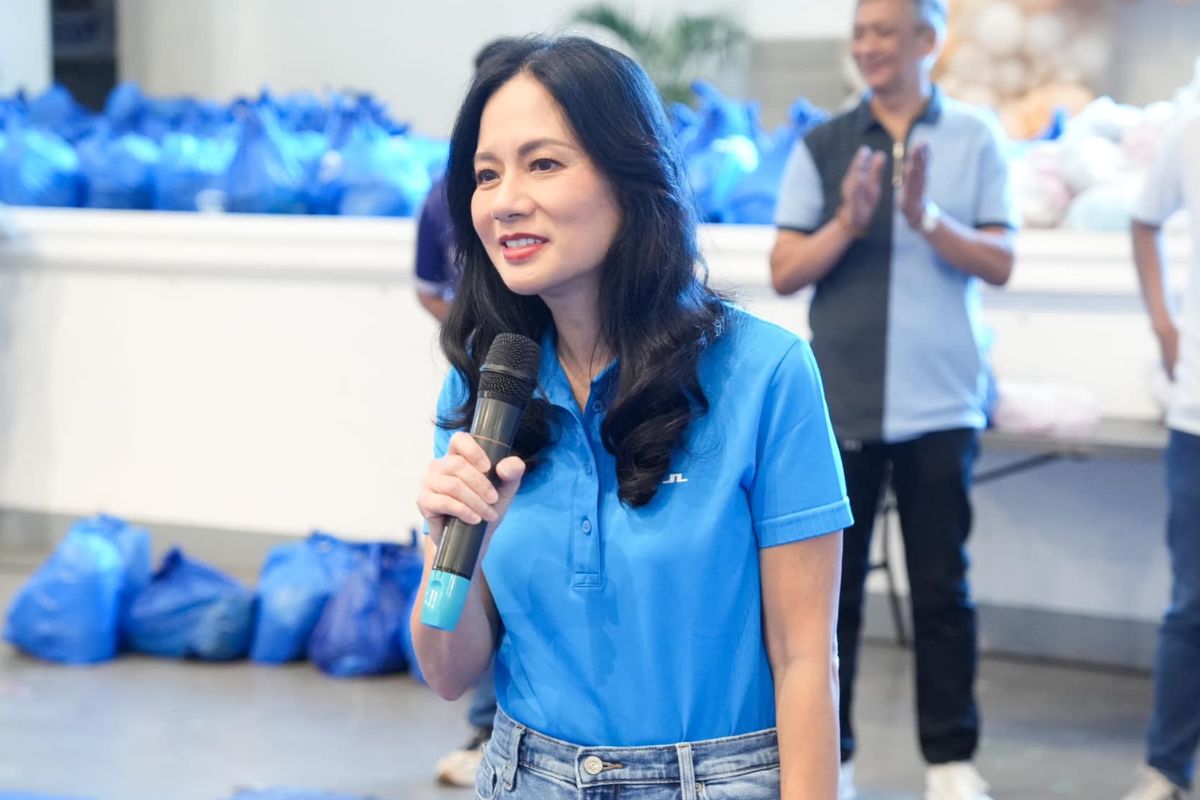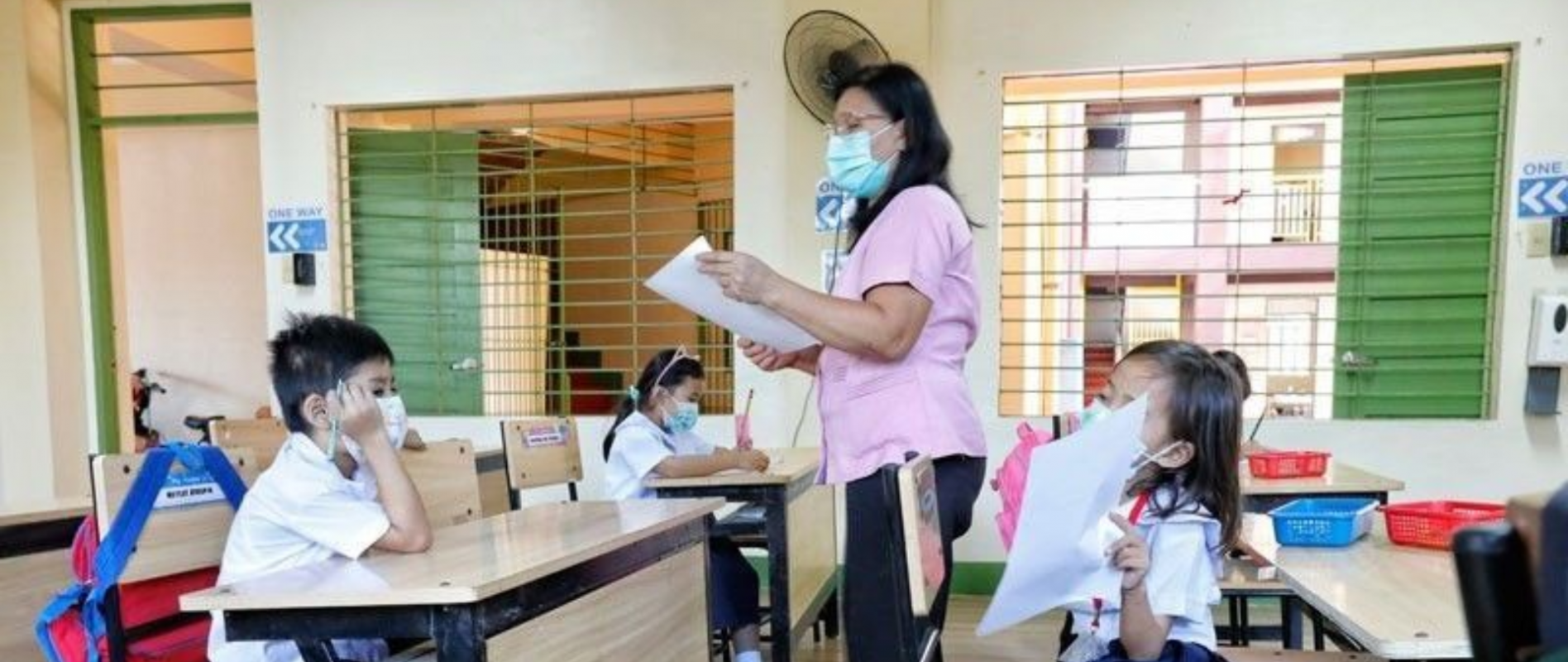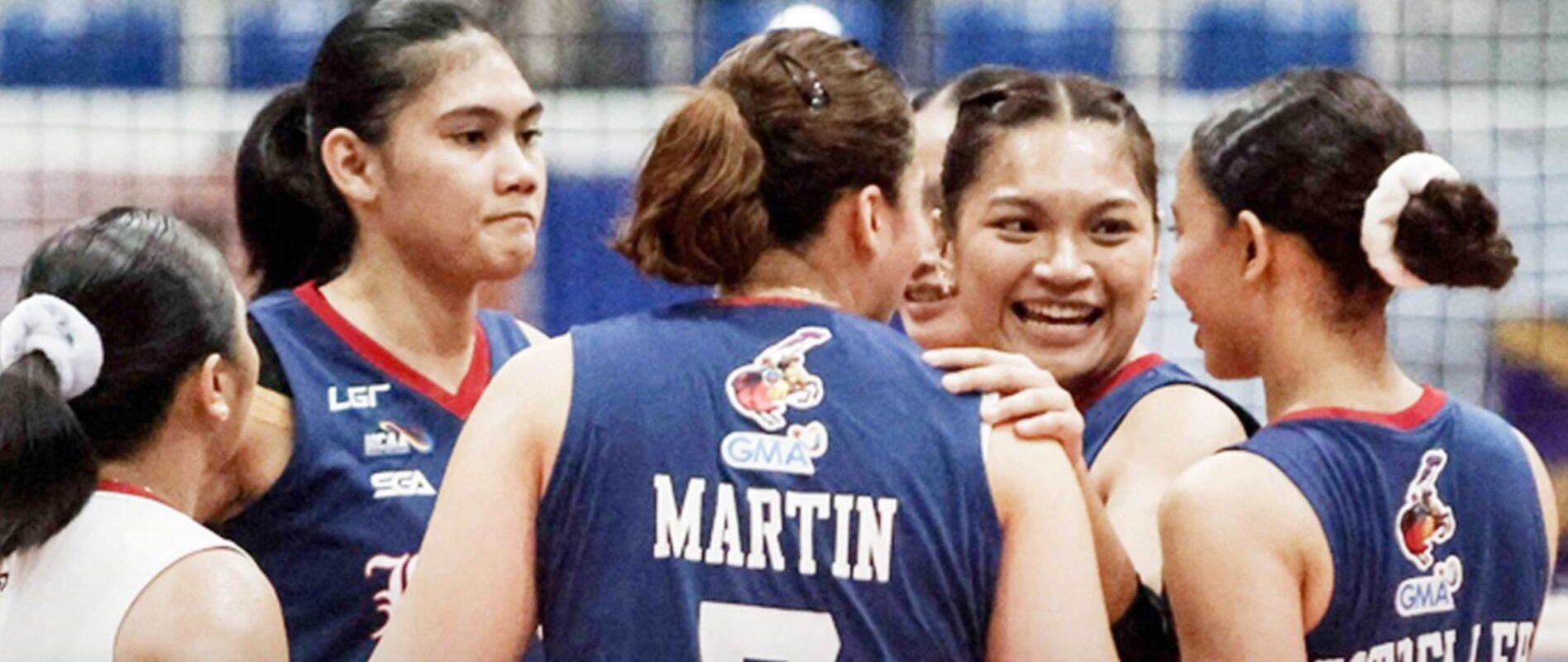EDCOM 2 STUDY WARNS 5M FILIPINO CHILDREN WITH DISABILITIES STILL UNDERSERVE
AN ESTIMATED five million Filipino children with disabilities remain without adequate educational support, according to a major study released today by the Second Congressional Commission on Education (EDCOM 2).
The policy brief, Accelerating Support for Learners with Disabilities, conducted with IDinsight and the Department of Education, assessed the early implementation of the Inclusive Education Act of 2022 and found critical gaps hindering efforts to deliver quality education for learners with disabilities.
While the 2022 law provides a strong foundation aligned with global best practices, researchers reported that limited resources, weak systems, and capacity constraints continue to stall progress.
The report underscores a serious shortfall in identifying and enrolling children with disabilities.
In School Year 2024–2025, only 391,089 learners with disabilities (LWDs) were enrolled in public schools—just 8% of the estimated 5.1 million children with disabilities nationwide.
Even among those enrolled, accurate diagnosis remains a challenge. DepEd’s Learner Information System shows that 61% of LWDs are categorized only based on observable manifestations, without formal professional assessment.
The Child Find System mandated under RA 11650, intended to locate out-of-school children with disabilities, is still not operational.
Schools also struggle to conduct proper assessments: two in three teachers reported lacking the training and tools needed to screen learners. Parental reluctance driven by financial barriers and stigma further widens the identification gap.
Support services for enrolled LWDs remain scarce. The study found that 60% of learners with disabilities have no access to any Special Needs Education resource—no SPED Centers, no Inclusive Learning Resource Centers (ILRCs), and no SNED teachers.
With resources stretched thin, 75% of LWDs are mainstreamed into regular classes, often handled by teachers with minimal preparation for inclusive instruction.
Only 32% of LWDs study in schools that have at least one SNED teacher. And even if DepEd fills all 772 vacant SPED teacher positions, nearly half of all learners with disabilities would still lack adequate support.
Some schools receive as little as ₱333 to ₱488 per learner per year for SNED activities—far below what’s needed for tailored interventions.
Although Individualized Education Plans (IEPs) are required by law, only 13% of receiving teachers report using them. Teachers cite barriers such as the lack of medical professionals to consult, burdensome documentation requirements, and insufficient training.
A cornerstone of the Inclusive Education Act—the establishment of ILRCs in every municipality—has also yet to materialize. Of the 32 former SPED centers now designated as ILRCs, none are fully operational. While construction is nearly complete in 69% of sites, the absence of staffing guidelines, funding frameworks, and clear service protocols has stalled activation.
A major obstacle is the severe shortage of multidisciplinary teams, including therapists and psychologists. Low compensation, limited availability of qualified professionals, and lack of DepEd hiring guidelines prevent ILRCs from building the teams needed to provide assessments and therapy services—leaving newly built facilities underutilized.
EDCOM 2 urged policymakers to act swiftly, stressing that the promise of inclusive education cannot be fulfilled without structural reforms and significant investment. The commission called for:
Strengthening disability identification systems through coordinated national and local action
Prioritized hiring of SNED teachers and expanded training for all teachers on inclusive education and IEP use
Clear national guidelines for building ILRC multidisciplinary teams
Increased funding and adaptive local implementation strategies
“Inclusive education will remain out of reach for millions unless we address these systemic gaps,” EDCOM 2 said, calling the issue an urgent national priority.
The full policy brief is available through EDCOM 2 and provides detailed recommendations to ensure that all Filipino children—regardless of ability—receive the quality education they deserve.

